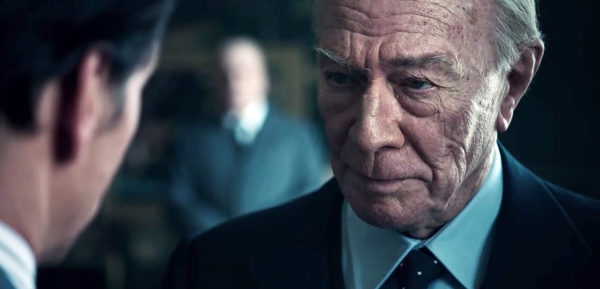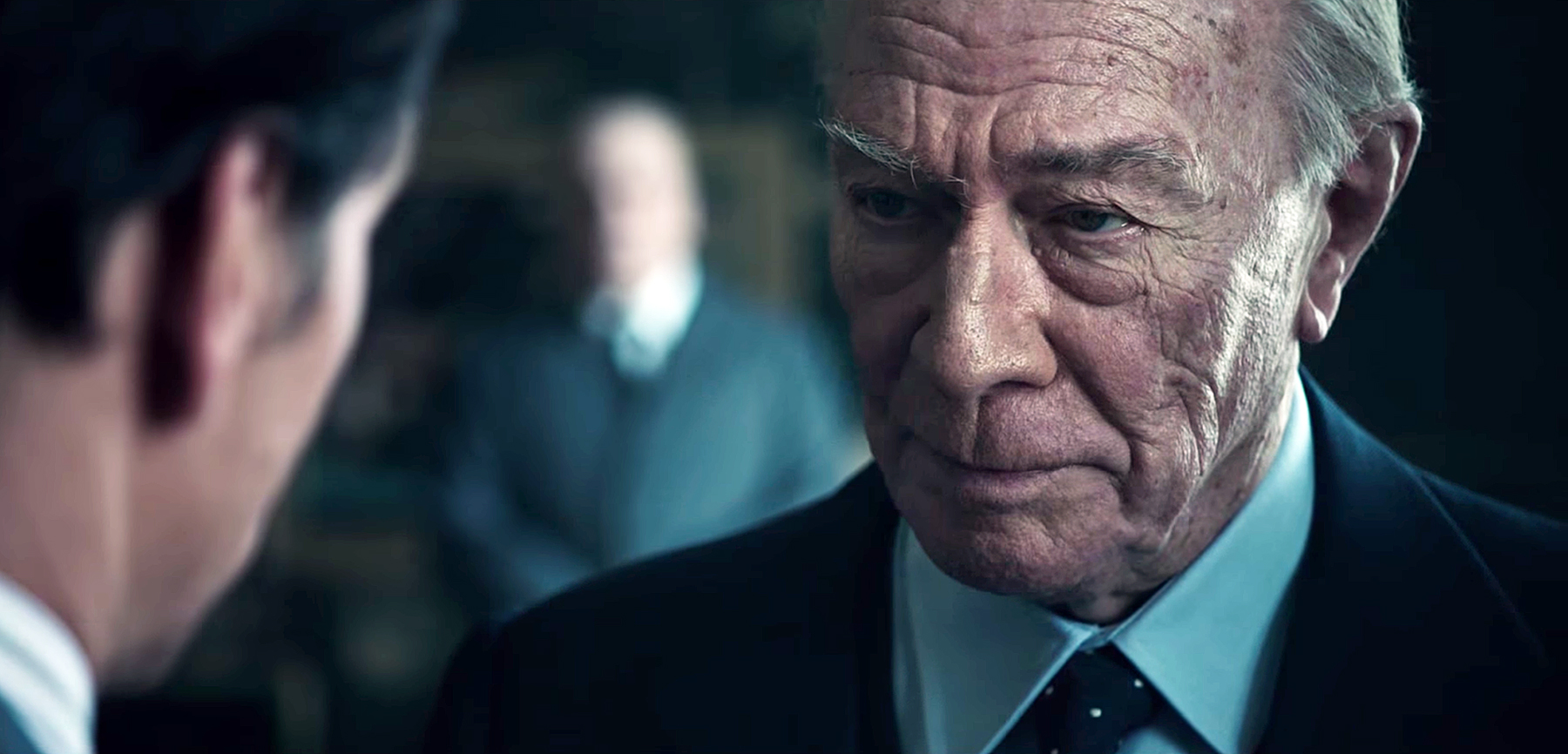
NOTE: A previous version of this article was incorrectly attributed to Elaine Kim. The correct author of this article is Amir Abou-Jaoude.
Ridley Scott’s new film “All the Money in the World” centers around the 1973 kidnapping of J. Paul Getty’s grandson, Paul. Getty was the wealthiest man in the world at the time of the kidnapping, but he refused to rescue Paul. He feared that if he paid Paul’s ransom, criminals would kidnap his other 13 grandchildren and demand money. Even when Paul’s mother, Abigail, begged him to give in to the criminals’ demands, he was unmoved. The film depicts Abigail’s struggle to negotiate with the criminals and convince Getty his grandson’s life is worth an exorbitant sum.
Getty was originally played by Kevin Spacey. After Spacey was accused of sexual assault, Scott decided to remove him from the film and replace him with the veteran actor Christopher Plummer. Scott and Plummer reshot all of Spacey’s scenes in nine days — no small feat considering that Getty appears on screen for at least a quarter of the film’s running time. Yet, Scott and Plummer’s accomplishment is impressive not only because of its size, but also because it probably improved the film. Spacey might have made Getty a cunning schemer, like his “House of Cards” character Frank Underwood. Plummer’s Getty, however, never seems villainous, even though he is cold and intimidating. Although the film is too long and repetitious, Plummer’s performance in particular makes it worth seeing.
Getty is probably the most fascinating character in the film. Even though he is a multibillionaire, he seems afraid his wealth will evaporate. To ensure that he maintains his fortune, he becomes a lifelong miser. At one point in the film, he explains that he does not have a drying machine because he can air-dry his clothes for free. The only thing has meaning in Getty’s world is cold, hard cash, and appropriately, Scott uses cool colors, especially blue, in depicting Getty’s surroundings.
Getty has no qualms, however, in spending his fortune on vibrant paintings by the old masters. Anyone who has visited the Getty museums in Los Angeles can attest to the quality of his collection, and Plummer skillfully conveys Getty’s passion for art. When he examines a Titian, his eyes become animated, and despite his patrician bearing, he becomes as excited as a kid in candy store. As he oscillates between total apathy and childish excitement, Getty becomes pitiful. He recognizes that the paintings are valuable, and he knows which details make them masterpieces. Yet, he cannot understand why Paul is special and worth saving. While other actors would make Getty simply an eccentric, Plummer makes us realize that while Getty appreciates the fruits of human creativity, he is unable to appreciate human beings.
If Getty is cold and isolated, Abigail, as portrayed by Michelle Williams, is warm and very emotional. Early in the picture, Williams cries frequently and is almost petrified by worry. Perhaps the screenplay requires her to be hysterical too often, but it is delightful to watch Williams’ transition from playing an overwhelmed mother to a woman determined to get her son back at any cost.
As Paul, Charlie Plummer is similarly affecting, and his performance helps to divert attention away from one of the film’s flaws. Scott spends too much time focusing on Paul’s fate, and the second act of the film is comprised of a monotonous sequence of events. Paul languishes in the hands of his captors, while Abigail hears of his suffering. She calls Getty and begs him to pay the ransom, but he refuses, and she becomes even more desperate. The kidnappers hear Getty will not relent, so they torture Paul again. If a less talented actor played Paul, by the third or fourth time this cycle repeated, I might have become so bored that I would have hoped for Paul’s imminent demise. Yet, because Plummer played Paul as a charming and affable innocent, I always cared about what happened to him.
Unfortunately, Scott further diminishes the power of his narrative by providing tangential information about how Getty built his fortune, his family history, the details of his finances and the turmoil in the Middle East in the 1970s. Although these topics are worth exploring, they distract from the urgent drama of Paul’s kidnapping. If a good editor eliminated these superfluous sections, the resulting film would probably be 90 minutes long. Still, it is worth sitting through all two hours and thirteen minutes of the film for one of the most exquisite moments I have seen at the cinema this year: Getty has agreed to pay $1.5 million not for his grandson, but for a rare painting. He purchases the work, then begins to contemplate it. Scott cuts from the beautiful image of the Madonna and child to Christopher Plummer’s expression. There is a little glint in his eye, a little grin on his face. You begin to understand Getty’s twisted perception of the situation. When he can own a timeless work of art, why should he care that Paul’s time is running out?
Contact Amir Abou-Jaoude at amir2 ‘at’ stanford.edu.
